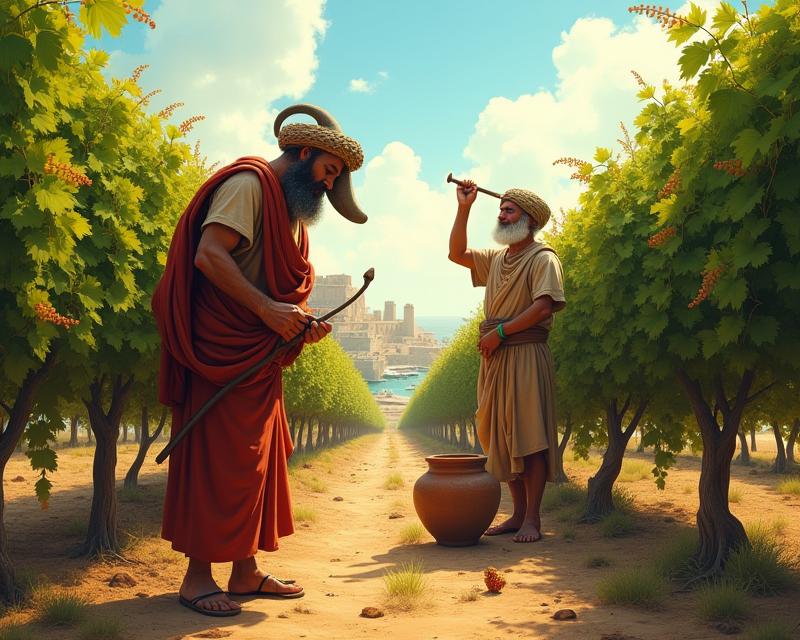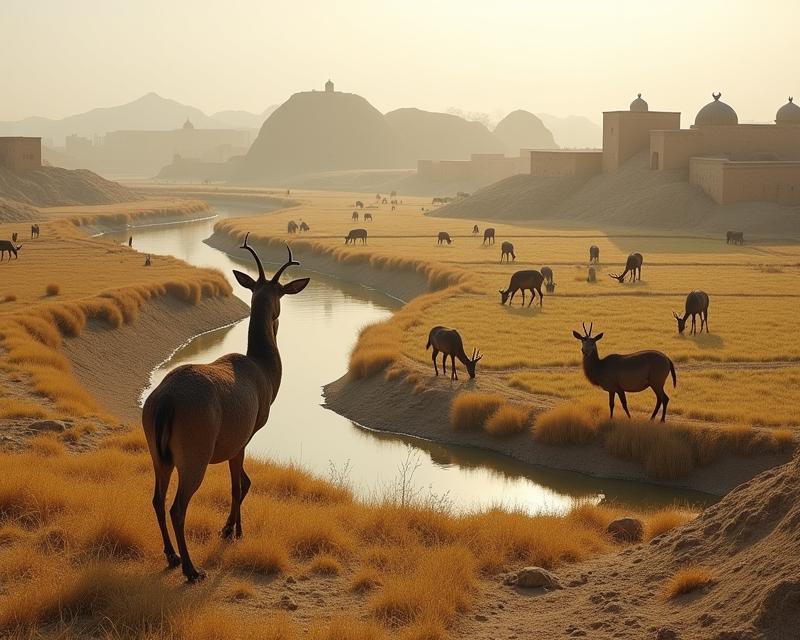Monoculture's Impact: A Threat to Ecosystems
Publish in Agriculture el 28/06/2025 22:32
Monoculture's Impact: A Threat to Ecosystems
Monoculture farming, the practice of growing a single crop species in a field year after year, is a dominant agricultural practice worldwide. While it can offer short-term benefits like increased efficiency and ease of harvesting, its long-term impact on ecosystems is profoundly detrimental. This article explores the various ways monoculture degrades soil health, reduces biodiversity, and contributes to environmental problems.

Soil Degradation: A Core Problem
One of the most significant consequences of monoculture is soil degradation. Repeatedly planting the same crop depletes specific nutrients from the soil, leading to imbalances and reduced fertility. This often necessitates heavy reliance on synthetic fertilizers, which, while providing a quick fix, can disrupt the natural soil microbiome. The lack of diverse root systems also weakens soil structure, making it more susceptible to erosion by wind and water. Over time, this can lead to soil compaction, reduced water infiltration, and decreased overall soil health – a vicious cycle that undermines long-term agricultural productivity.
Biodiversity Loss: A Cascade Effect
Monoculture drastically reduces biodiversity. A single crop provides a limited habitat and food source for wildlife, leading to a decline in populations of insects, birds, and other animals that depend on a diverse ecosystem. The absence of natural enemies of pests can also lead to increased reliance on pesticides, further harming beneficial insects and pollinators. This loss of biodiversity weakens the ecosystem's resilience to diseases and climate change, making it more vulnerable to collapse.
Environmental Concerns: Beyond the Field
The impacts of monoculture extend far beyond the farm field. The use of synthetic fertilizers and pesticides contributes to water pollution through runoff, harming aquatic ecosystems. Increased reliance on fossil fuels for machinery and fertilizer production contributes to greenhouse gas emissions and climate change. Furthermore, the simplified ecosystems created by monoculture are less able to sequester carbon, exacerbating the climate crisis. Sustainable farming practices, such as crop rotation and intercropping, offer viable alternatives to mitigate these negative effects.
Moving Towards Sustainable Solutions
Addressing the ecological consequences of monoculture requires a shift towards more sustainable agricultural practices. Crop rotation, intercropping, cover cropping, and integrated pest management are all effective strategies for improving soil health, enhancing biodiversity, and reducing environmental impacts. Supporting farmers who adopt these practices and promoting policies that incentivize sustainable agriculture are crucial steps towards a healthier and more resilient food system. Ultimately, recognizing the interconnectedness of agriculture and the environment is essential for ensuring long-term food security and ecological well-being.





